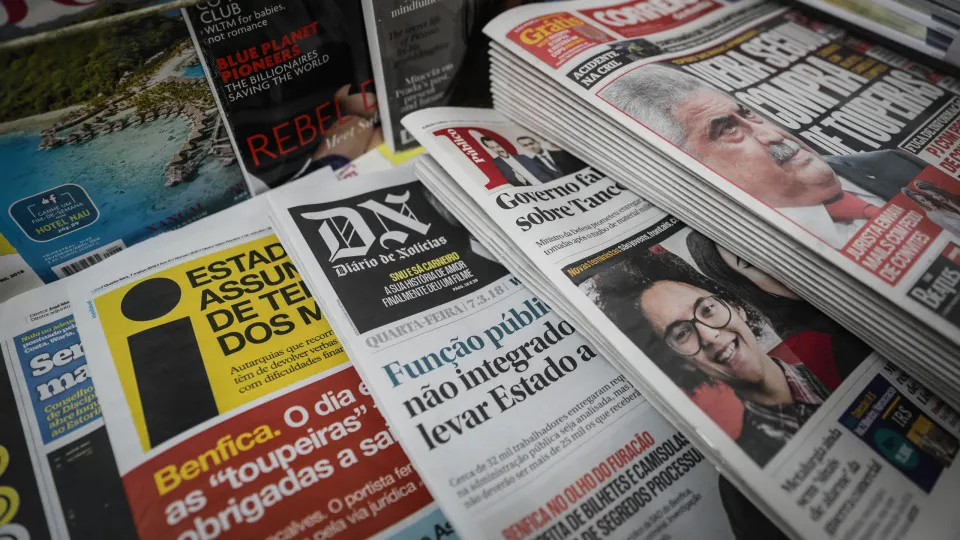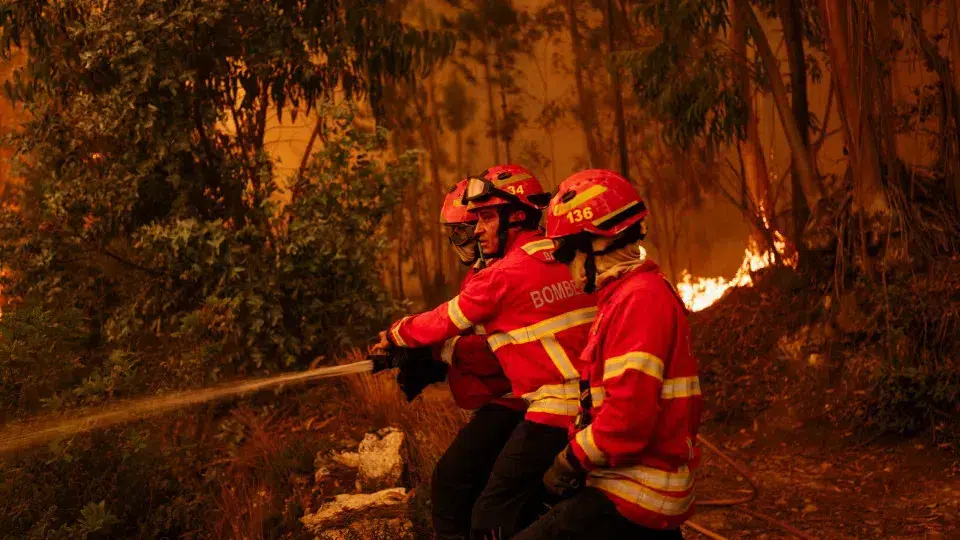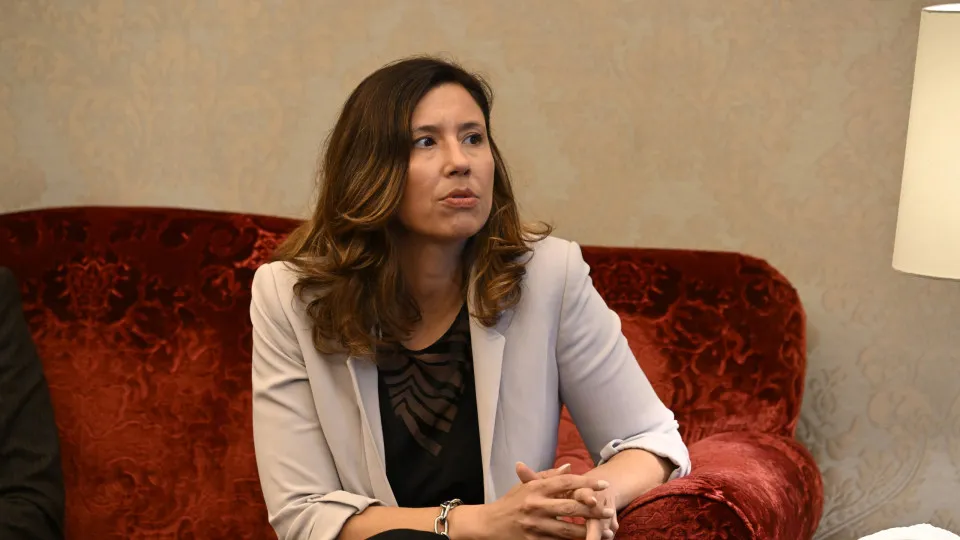
Portugal has been ranked 13th among the 27 European Union (EU) countries in this year’s edition, matching the EU average (49%) and reflecting a “medium-low risk.” This marks an increase from the 2022 score of 40%.
Rui Cádima, author and researcher at the Observatório da Diversidade e do Pluralismo do ICNOVA, attributes this trend to the “increasing decline of economic sustainability in the media sector,” as he explained in a statement. He highlights the existence of “weakened newsrooms, heavily pressured by precarity, jeopardizing editorial freedom, with investigative journalism being the first victim,” and adds, “there is a growing difficulty in filtering misinformation and information from multiple intermediaries, despite the emergence of ‘fact-checkers’.”
The index, developed by the Centre for Media Pluralism and Media Freedom to assess media pluralism risks, places Germany and Sweden at the top with 28%, followed by Denmark (31%) and the Netherlands (33%), all of which present a “very low” risk level.
Portugal’s pluralism index stands at 49%, between France (46%) and Latvia (50%), while Hungary ranks last with a “very high” risk level (74%).
In 2022, Portugal was in 7th place among 32 countries and in 2024 finds itself in the 11th position.
The MPM index (‘Media Pluralism Monitor’) covers the 27 EU member states and evaluates media pluralism through multiple components.
In the ‘Fundamental Protection’ area, Portugal maintains a “medium-low” level, with freedom of expression protection being the most critical indicator due to “the ongoing impact of Penal Code legislation penalizing defamation with imprisonment.”
“Another concerning aspect is the pressing need to quickly legislate ‘anti-SLAPP’ provisions, particularly to protect journalists from abusive lawsuits aimed at silencing them,” the document warns.
Market plurality exhibits a “medium-high” risk, fueled by the worsening economic plight of small and medium enterprises, dwindling revenues from traditional media, and the increasingly precarious nature of the journalism profession.
Regarding political independence, Portugal shows a “low risk,” while social inclusion records a high risk, as “local media are increasingly affected by financial pressures and face various challenges in securing economic stability,” the report states.
The “greatest risk is in the domain of Social Inclusion, which now presents a high risk. Market Plurality also features persistent market concentration issues. In Fundamental Protection, the situation slightly worsened since Portugal still has critical issues to address […] Political independence remains the most stable domain, presenting a low risk level.”
The report’s findings will be presented today at a conference at the Faculty of Social and Human Sciences (FCSH) of the Nova University of Lisbon.




